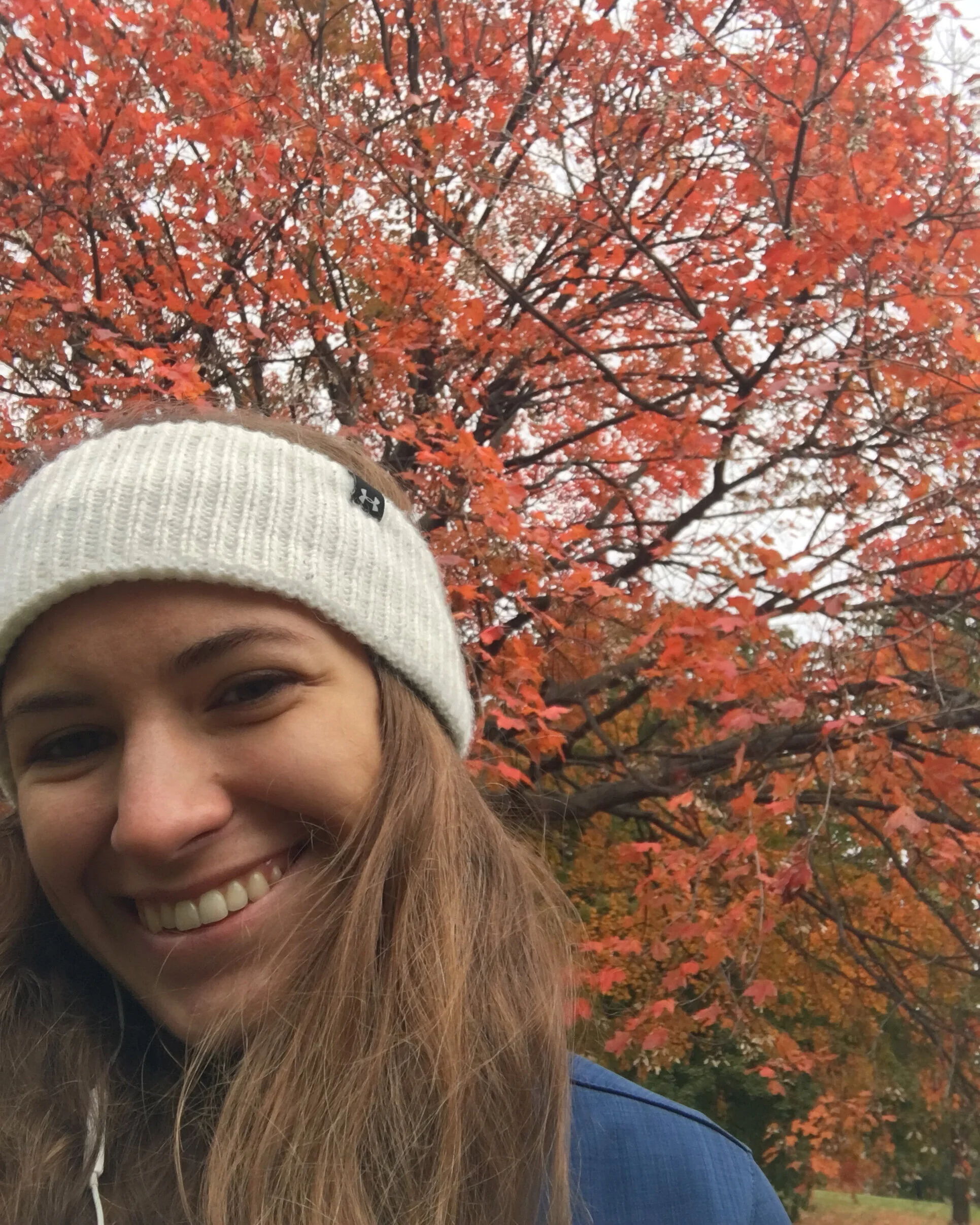Quinn Fox
Graduate Student
“With everything going on in the world with climate change, I want to be helpful. We’re living in an increasingly urban world. Studying urban ecology, understanding and preserving nature inside these areas is really important. And it’s not very well-known. It’s a pretty wide-open field when it comes to urban plant life. There is a common misconception that urban environments do not have any nature, but they do. People just don’t understand it.”
How has your scientific work changed due to the cultural landscape changes this summer?
“During a normal summer when everyone’s around, there’s a lot of collaboration and coming together for the seminars and lunches, but also for field work. I’m a PhD student and I have my own project going on; I was anticipating having help. A lot of that help has been axed because of COVID. I’m doing a lot of that work myself.
Our team has had to get creative with how we’re having people collect information while remaining safe. Sometimes we look kind of weird, walking through public parks only looking at the ground, but we’re gathering good data. So far it’s worked out really well, because we can make work outside and it’s all local, in St. Louis.
It’s been different, but good.”
If you had to describe your team as an object, what would it be?
“Last year a lot of our lab mates did a Harry Potter 5K run all together. We got these fake wands, well, obviously they were fake. Maybe one of those wands because we are a quirky group...and we have a lot of fun.”
Quinn is a member of Rachel Penczykowski’s Plant Disease team and a PhD candidate in the Evolution, Ecology and Population Biology graduate program at Washington University.

